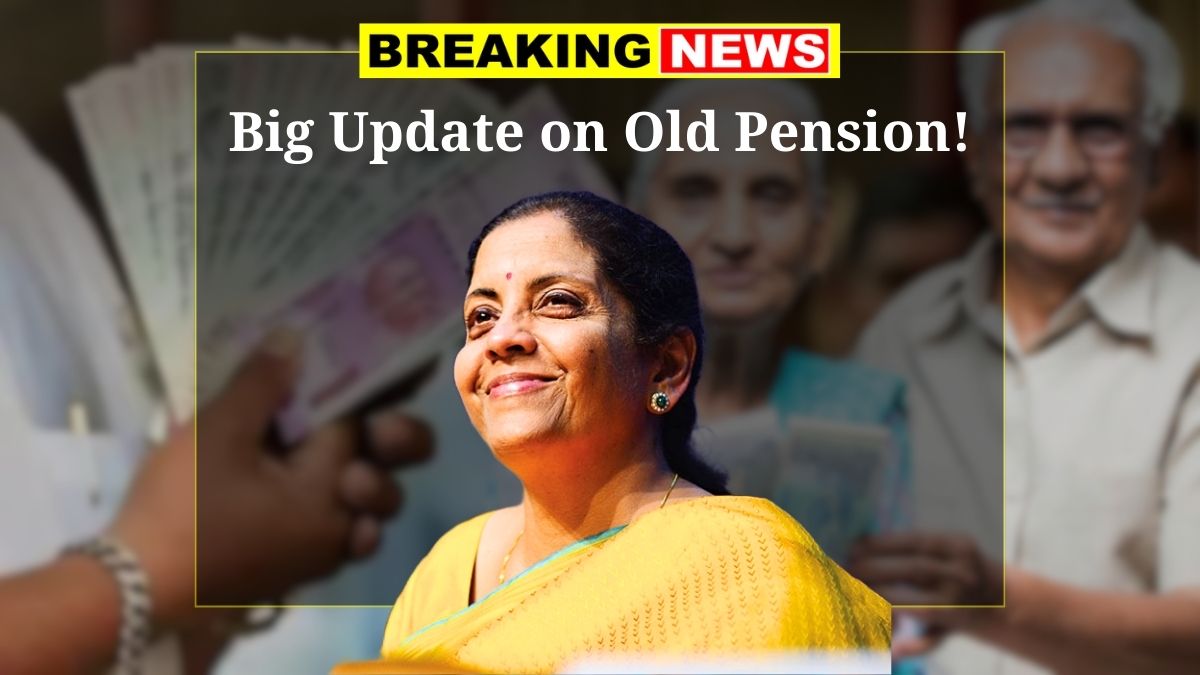Old Pension Scheme : If you’re a government employee or a pensioner, chances are you’ve been hearing the buzz lately: Is the Old Pension Scheme (OPS) coming back? As of May 2025, this debate has once again taken center stage, with discussions intensifying in both central and state governments.
Let’s break down what’s going on, where things currently stand, and what could be on the horizon.
What Exactly Is the Old Pension Scheme (OPS)?
The Old Pension Scheme (OPS) was the go-to retirement plan for government employees until it was discontinued in 2004. Under OPS, retirees were guaranteed a fixed monthly pension calculated as a percentage of their last drawn salary. It provided financial security and peace of mind after retirement.
But in 2004, OPS was replaced by the New Pension Scheme (NPS), which is a market-linked system. This means that returns are not fixed—they depend on how investments perform. Both the employee and the government contribute to the NPS, but there’s no guaranteed payout, and this has become a major concern for many employees.
What’s the Status on OPS as of May 2025?
So far, the central government hasn’t made an official decision on bringing back OPS. However, there have been discussions at high levels, especially within the Finance Ministry, and sources say the issue is being taken seriously.
On the state level, things are moving faster. States like Rajasthan, Chhattisgarh, and Himachal Pradesh have already reintroduced OPS for their government employees. Meanwhile, Punjab and Jharkhand are actively working on implementing it.
This momentum is largely due to sustained pressure from employee unions, who’ve organized protests and strikes demanding the return of OPS. Their main concern? Financial insecurity under NPS.
OPS vs NPS – Which One’s Better?
It’s a big debate.
- OPS offers guaranteed pensions—great for retirees, but it places a huge financial burden on the government.
- NPS, on the other hand, is sustainable and market-driven, but it leaves employees exposed to market risks, making retirement planning uncertain.
Many experts now believe that a middle-ground solution—possibly a hybrid model combining the best of both—could be the answer. Such a model would protect employees’ future without destabilizing the government’s finances.
Is OPS Really Coming Back?
That’s the big question. While nothing is official yet, sources hint that the central government may announce a modified version of OPS soon—possibly with some eligibility conditions or financial tweaks to manage costs better.
The decision could be tied to the implementation of the 8th Pay Commission or come as a standalone policy shift.
Right now, it’s a wait-and-watch situation. No official announcements have been made, but the signs are pointing toward some form of action in the coming months. If you’re a government employee or pensioner, stay connected with your union and keep an eye on government updates—because a major pension policy change might just be around the corner.





